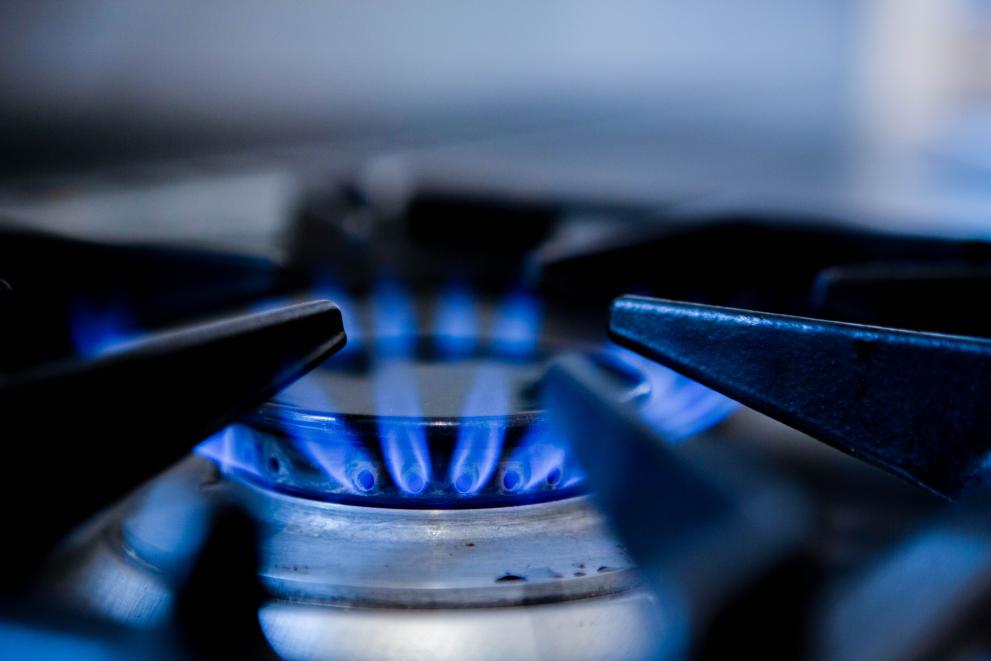
European Commission proposes urgent market intervention to reduce bills for Europeans
The Commission proposes to intervene urgently in European energy markets to address the recent dramatic price hike. The EU is facing the consequences of a serious mismatch between energy demand and supply, notably because Russia continues to use its energy resources as a weapon.
. In order to alleviate the increased pressure on European households and businesses, the Commission is now taking the next step to address this issue by proposing exceptional measures to reduce electricity demand which will help reduce electricity costs for consumers, and measures to redistribute energy sector surplus revenues to final customersThis builds on pre-agreed measures to store gas and reduce gas demand to prepare for the upcoming winter. The Commission also continues to work on improving the liquidity of market operators, lowering gas prices and reforming the electricity market design in the long term.
The first answer to the problem of high prices is to reduce demandThis can affect electricity prices and contribute to overall market de-escalation. In order to focus on the most expensive hours of electricity consumption, when gas-fired electricity production has a significant impact on the price, the Commission proposes a obvezu commitment to reduce electricity consumption by at least 5 % during selected peak hoursMember States will have to set 10 % of the hours with the highest expected price and reduce demand during these peak hours The Commission also proposes that Member States should aim to reduce aggregate electricity demand by at least 10 % by March 31st 2023. They can choose the appropriate measures to achieve this reduction in demand, which may include financial compensation. Reducing demand at peak times would lead to a reduction in gas consumption by 1.2 billion cubic meters during the winter. Increasing energy efficiency is also an essential part of delivering on our climate commitments under the European Green Deal.
The Commission also proposes a a temporary revenue ceiling for “inframarginal” electricityproducers, i.e., low-cost technologies such as renewables, nuclear and lignite, which deliver electricity to the grid at a price below the price set by more expensive ‘marginal’ producers. These inframarginal producers generate exceptional revenues at relatively stable operating costs, as expensive gas power plants have increased the wholesale price of electricity they receive. The Commission proposes to set the revenue cap of inframarginal producers at EUR 180/MWh. This will allow producers to cover their investment and operating costs without distorting investments in new capacities in line with our 2030 and 2050 energy and climate targets. Revenues above the ceiling will be collected by Member States’ governments and used to help energy consumers reduce their bills. Member States trading in electricity are encouraged to conclude, in a spirit of solidarity, bilateral agreements on the sharing of some of the inframarginal revenues collected by the country of production for the benefit of end-users in a Member State with low electricity production. Such agreements are to be concluded by December 1st 2022 if the net imports of electricity into a Member State from a neighbouring country amount to at least 100 %.
As a third measure, the Commission proposes a temporary solidarity contribution for excess generated by activities in the oil, gas, coal and refineries sectors not covered by the inframarginal revenue ceiling. This time-limited contribution would maintain incentives for investments in the green transition. It would be collected by Member States on the basis of 2022 profits that are at least 20 % higher than the average profit of the previous three years. Revenues would be collected by Member States and redirected to energy consumersin particular to vulnerable households, hard-hit businesses and energy-intensive industries. Member States may also finance cross-border projects in accordance with the objectives of REPowerEU or use part of the revenue to jointly finance employment protection measures or promote investments in renewable energy and energy efficiency.
As part of further intervention in electricity market rules the Commission is also proposing to extend the energy price toolbox available to help consumers. For the first time, the proposals would allowallow regulated electricity prices below cost levels and would extend regulated prices to SMEs..
As announced by Commission President von der Leyen on Wednesday September 7th, the Commission will continue to work on other ways of lowering prices for European consumers and industry and reducing market pressure. The Commission will discuss in detail with Member States how best to reduce gas prices, analyzing different ideas on price caps and strengthening the role of the EU’s energy platform in encouraging lower price agreements with suppliers through voluntary joint procurement. The Commission will also continue to work on tools to improve liquidity in the energy utilities market and review the temporary framework for state aid in crisis situations to ensure that it continues to allow Member States to provide the necessary and proportionate support to the economy while ensuring a level playing field. At the extraordinary meeting of the Energy Council on September 9th, member states’ energy ministers endorsed the Commission’s ongoing work in these areas.